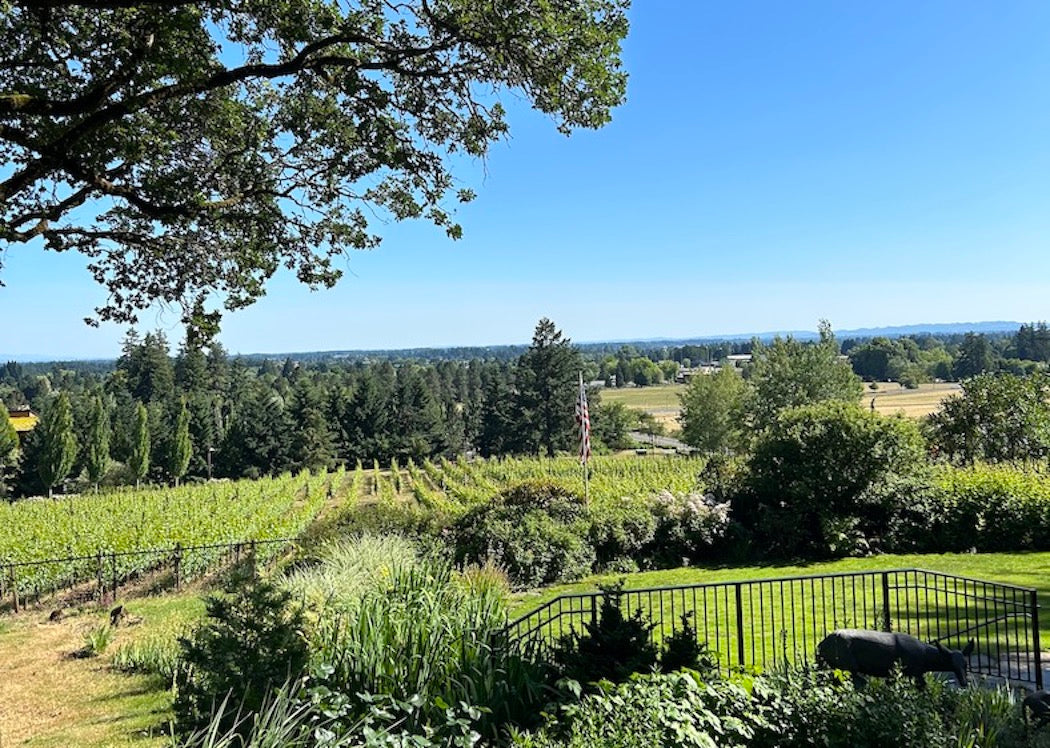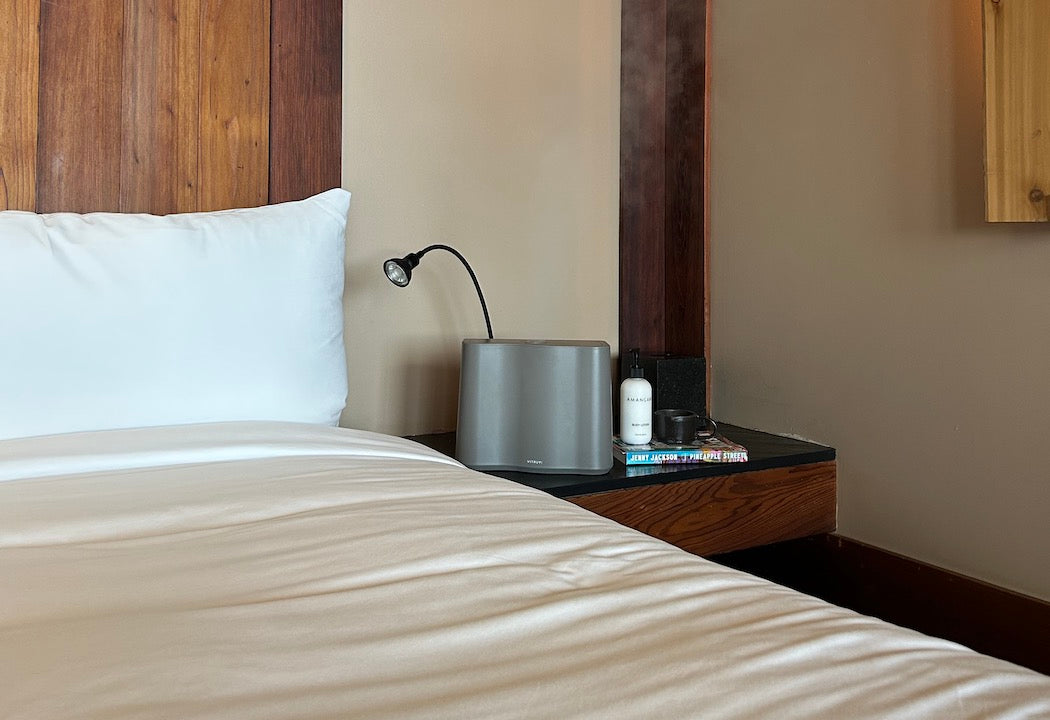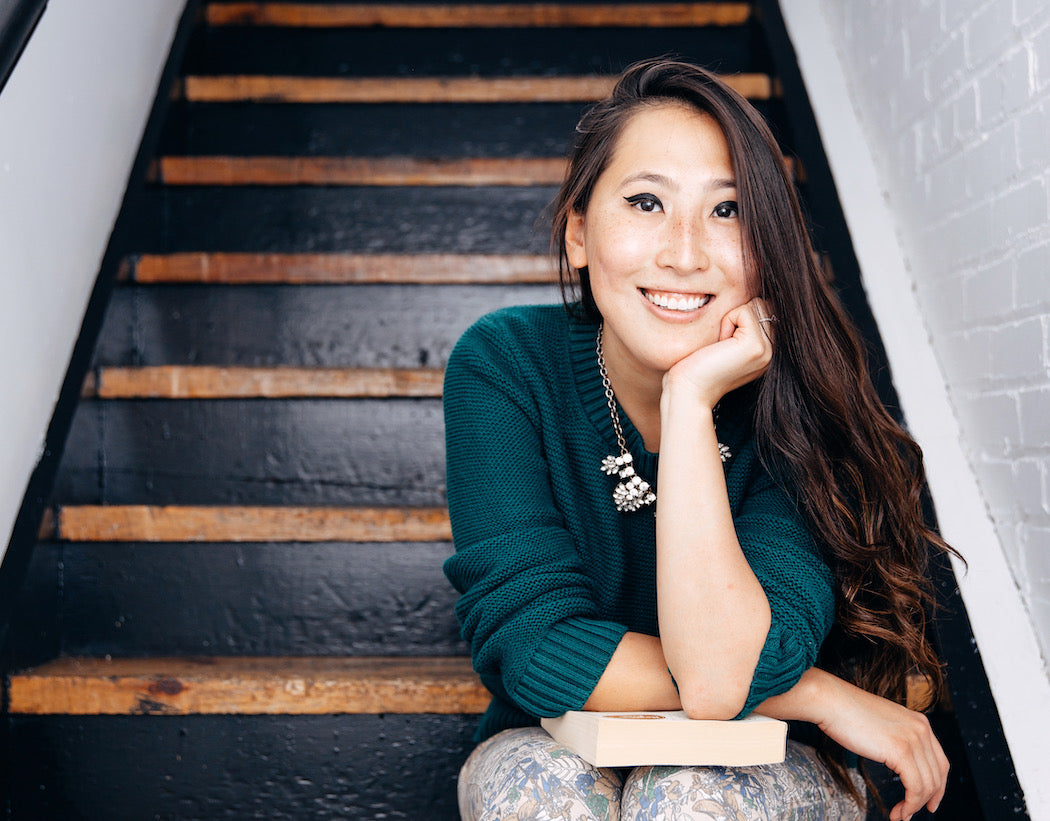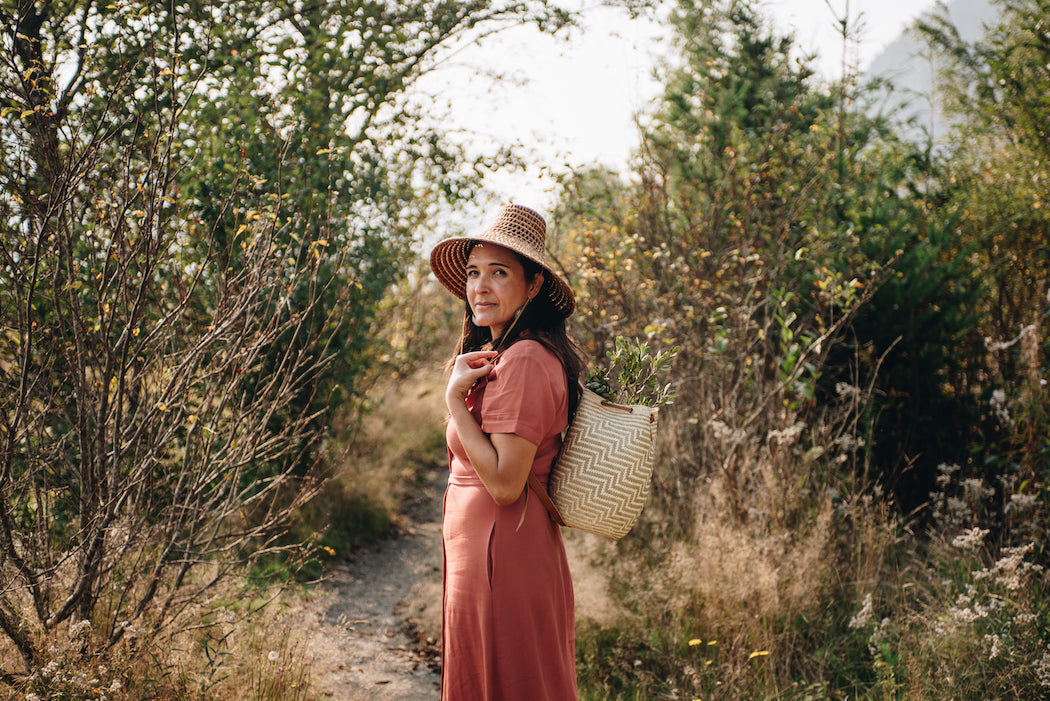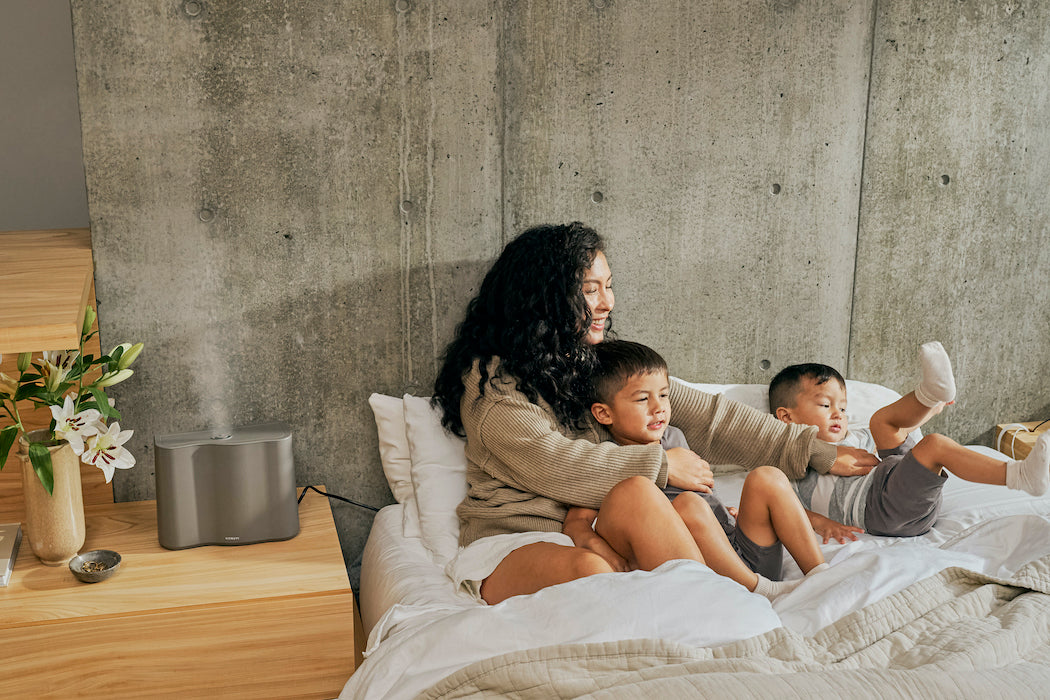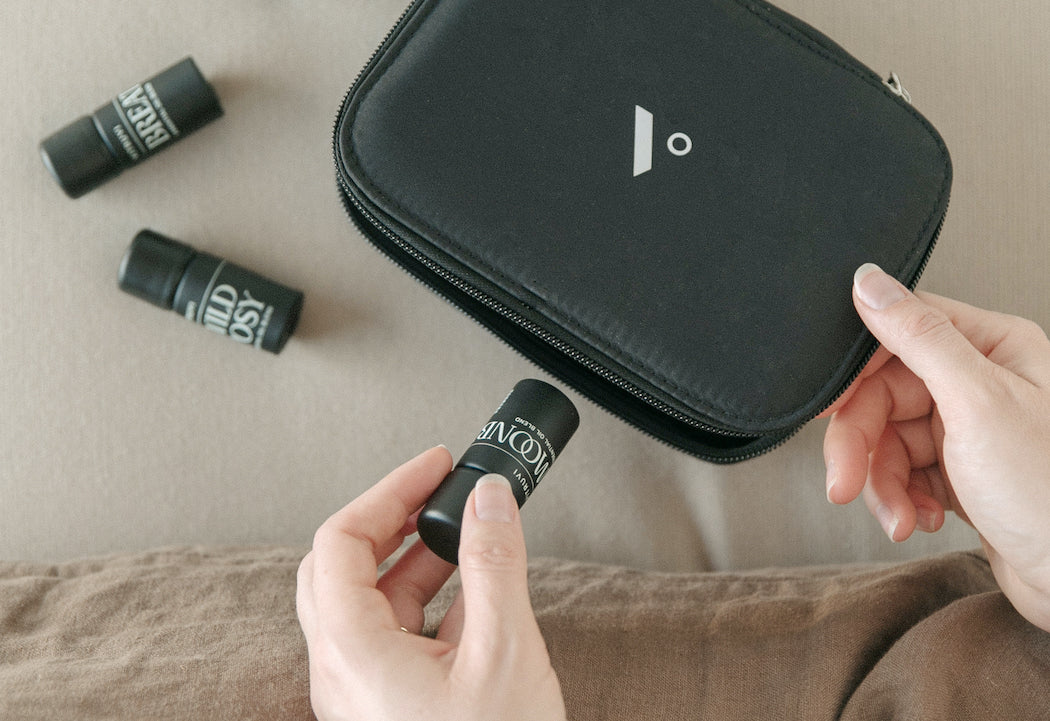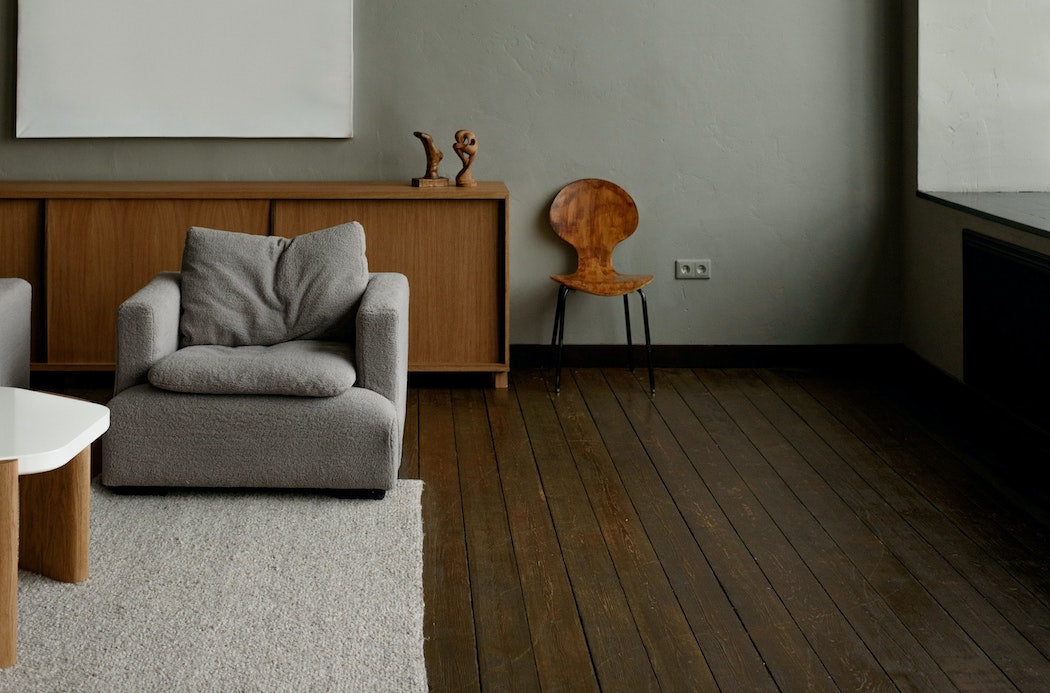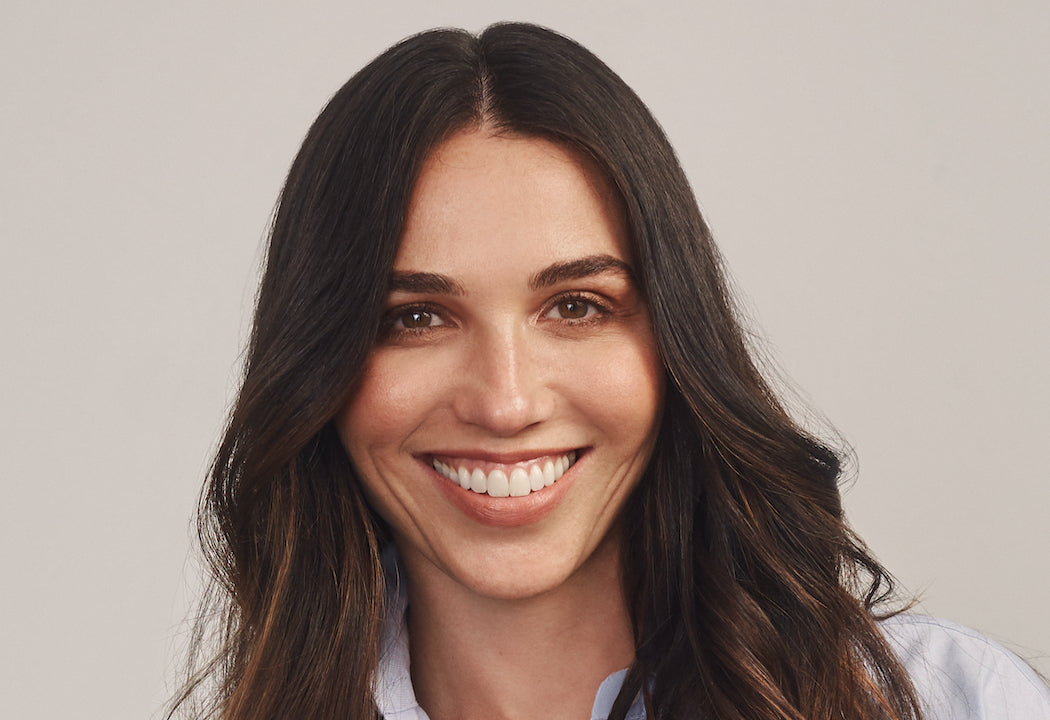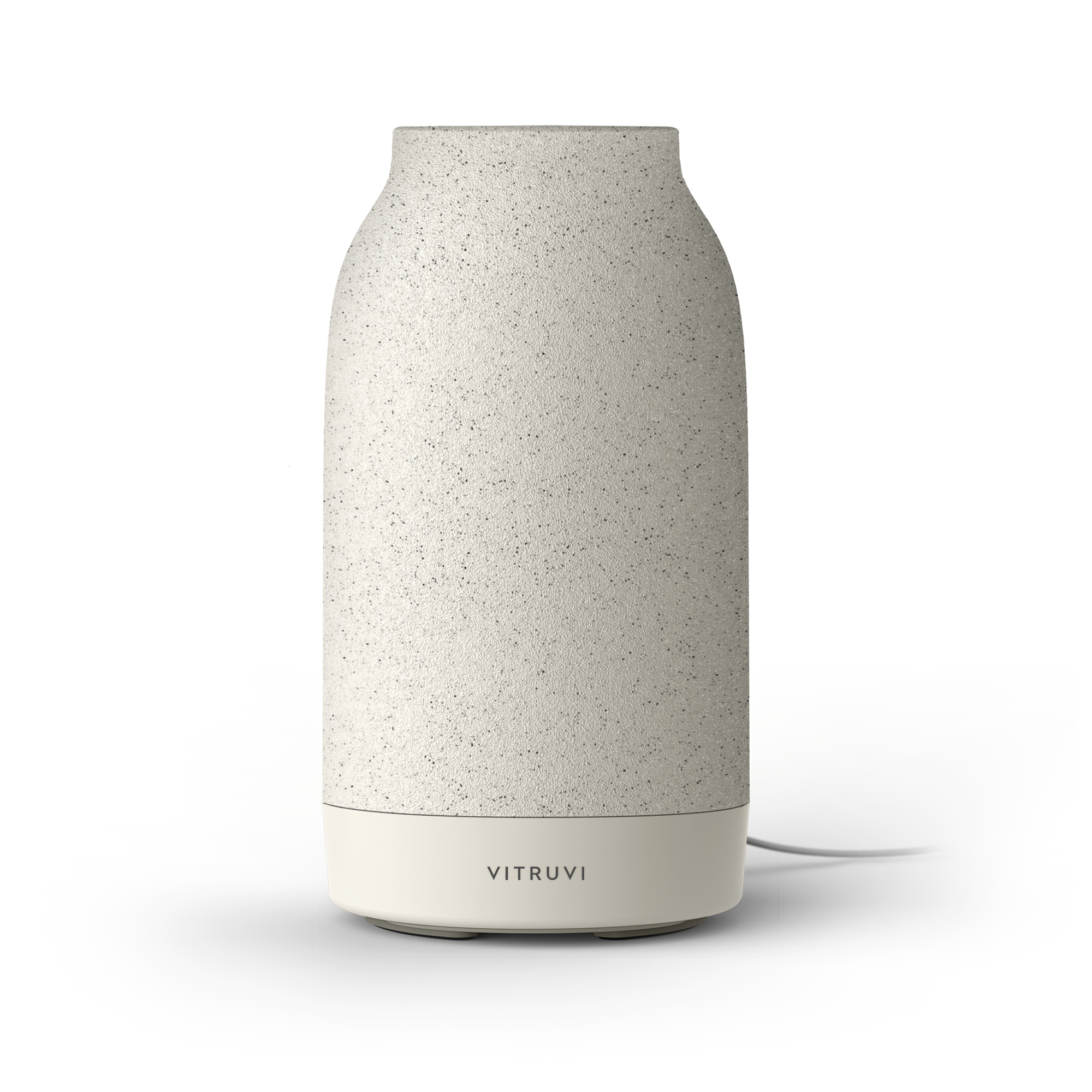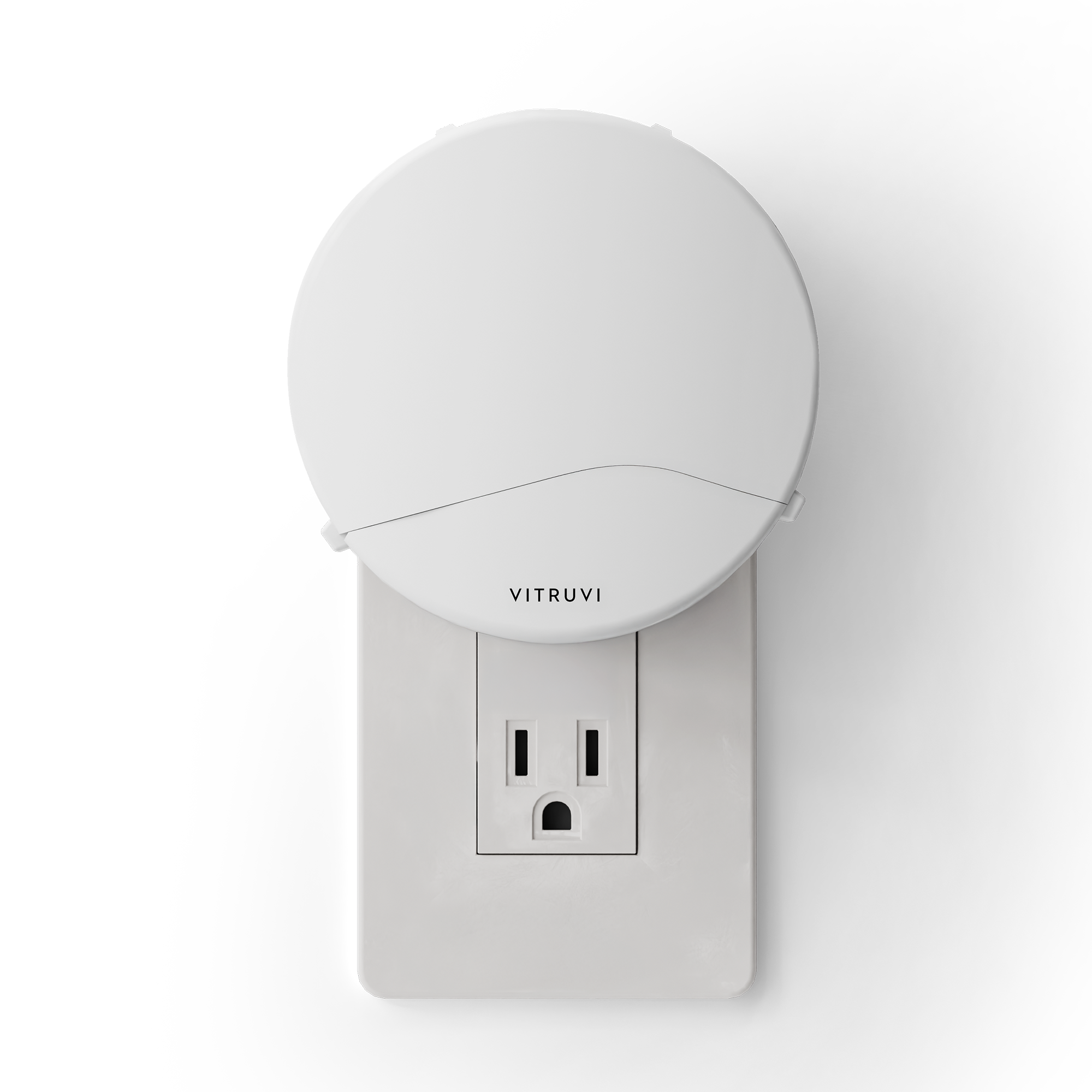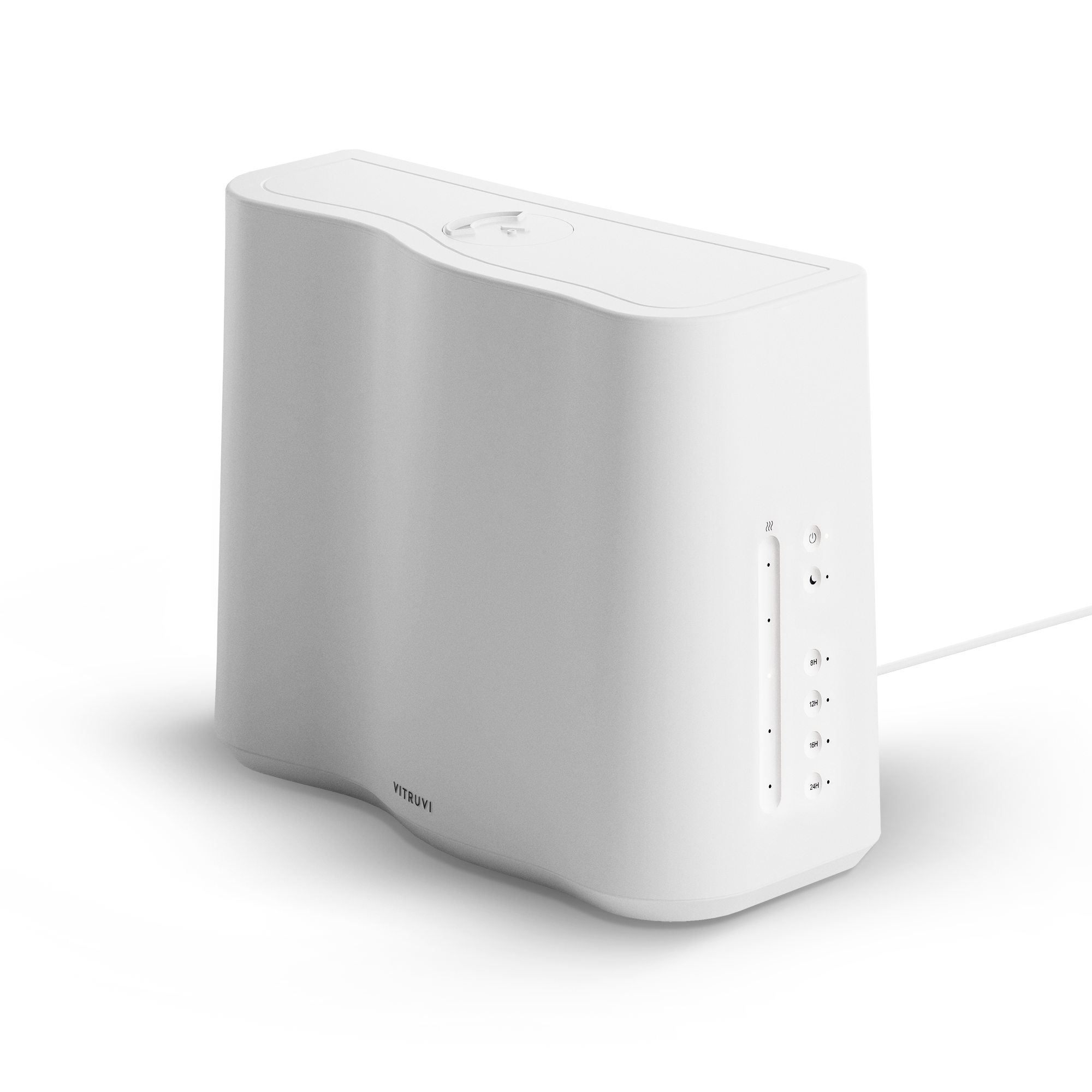“I always see things in life as they are, not as I want to see them or how I think they should be,” says Mark McTavish. “That’s just now how I’ve always lived my life.”
Lucky for those who like to drink socially but also like to be healthy, that belief led McTavish to disrupt the beverage industry. He’s currently president of 101 Cider House (a naturally-fermented, probiotic, and zero-sugar sour cidery), as well as cofounder and CEO of Pulp Culture (a hard-pressed, probiotic, adaptogenic, alcoholic juice company). It’s like having your cake and eating it, too: getting a little buzz while improving your gut health and taking your vitamins.
“I’m a little biased because it’s my company,” he says, speaking about Pulp Culture in particular, which is what the team describes as full-spectrum—meaning it has essentially zero human intervention. “But full-spectrum as a term, I just love that. I love the idea of something that’s left to be what it is in nature in its actual state. It’s not different than, in a weird way, my philosophy on parenting—it’s like, these kids should be in their natural state. Who they are as people. All I can do is be a good custodian to help the process. I can observe, I can coach and nurture and be there to go along for the ride, but I can’t force anything. It’s not my right to do that.”
McTavish and his wife, Citizens of Humanity women’s division vice-president Shelley Barham, have two adorable kids: five-year-old Milo and two-year-old Isla. For McTavish, parenting is much more of a democracy than a dictatorship. Over video chat from the Cider House in Los Angeles, he discusses his kids, his own father, and his forward-thinking views on parenting.
What does being a father mean to you?
Sacrifice for sure, but sacrifice in the best way. Most sacrifices in your life are usually attached to a reward of some kind. Hard work is hard, but you make good money; relationships are tough, but then you get to have a teammate. And kids are kind of that same way, but exponentially more.
I actually see my kids through a lens that is my wife. Because that’s my life. It was wife first, family after. And if I wasn’t going to have a family, I probably wouldn’t have gotten married, to be honest. And my wife and I are similar in that way.
I’m very close with my own father, and I’m very close to the sacrifices that he made all my life growing up, because I know what he was doing. I was at his office, I was seeing him grow his company, I was there all the time doing filing and bookkeeping and helping him with his business as a young kid. And when I didn’t see him, I knew it was because he was at work. And of course we all wanted him there, we wanted to have him around, but we knew he was out making money and supporting the family. So that sacrifice was always kind of in my close view. I could see that. And my mom, too—my mom busted her butt. She was a nurse in labour and delivery for 35 years, working in the hospital, double shifts a lot of the time. So they worked really, really hard and sacrificed so much to have a family.
So what made you want kids?
I knew I wanted to partner with Shelley, truthfully; I wanted to build a family with her. She has great values, she’s a great person. She excites me in all the ways personally as far as the relationship goes, but I knew she’d be a great mom and a great wife and someone that I’d want to build a family with.
We both agreed, if we’re not going to have a family, let’s not get married, let’s just be together. Let’s be together because we choose to, and it’s not a contractual thing, as it were. But contractually speaking, I was ready to sign a document and she was too, to say: let’s start this enterprise, a family. Let’s love each other and care for one another the way that we would have before anyways, and continue forward as best friends and being in love, but as a family.
What are some of the lessons that you try to impart on your kids?
To be honest, I don’t even really have a set of lessons or structure that I stick to. It’s more for me just an approach and just an understanding and perspective. I don’t own my Milo, I don’t own Isla. They’re my kids but I don’t own them. They’re their own people. They really are just little people, they’re little humans. And to be an adult, or to be a kid, a baby, whatever, to me it doesn’t matter—we’re all just people, but we’re at different stages in our evolution.
The lessons that I give to them are always from a position of coach, never from a position of, “I own you, you’re mine.” I am their father, don’t get me wrong, but it just means something different to me. And this is how my dad was. I definitely am a disciplinarian; if there needs to be correction, I let them know. But I don’t yell at them and scream at them and tell them, “You’re not allowed to do that because I said so.” I walk them through it and make them understand, “This is why we don’t do this, because sometimes it can hurt people or it doesn’t feel nice when you do those things. And how would you feel if someone did that to you? Would you feel good? If you would then keep doing it, if you’re okay with that. If it wouldn’t make you feel good if that person did that to you, then you probably shouldn’t do it, either.” But I ask them and I make them answer and we talk through it. I kind of run it like a sports team, in a way. If you want to get on the field and play right now, then you have to make that choice and do that. I can’t force you to. I can watch you while you play and observe and give you tips.
The philosophy always, always, no matter what, is giving them a little bit of what they think they want just to earn the right to give them what you know they need. And that always works, every single time. I love that; it’s a philosophy that I stick to even in business.
Speaking of business, your kids must love being at the Cider House.
Milo is really the Cider House tour guide. He knows everything; he knows all the product and he can tour the place here, and he’s the best host you could ever imagine.
He just loves to be here. And I came from that—I was at my dad’s work growing up as a kid. And there was something about that. It gave me this sense of providing for the family. You’re part of it even though you know you don’t work there; you [almost] do work there because you’re in the family. We’re all in this together. And it creates a bond as well between coworkers, in a way; he sees me as his dad, he knows I’m his coach, he knows I’m his best friend, but now we’re coworkers. He’s sweeping over there, he’s touring people around, and I’m doing my thing; there’ll be a couple hundred people in here at an event [prior to the coronavirus pandemic] and I’m not watching Milo every step of the way, but he’s working the room.
Isla isn’t quite there yet in that social way, but she loves to come down here and romp around. We have an outdoor day club here and we have a pool set up for them and we’ve got a swing that I built for them; they have all sorts of games to play.
You’ve talked about watching your dad work when you were young. What did he do?
He’s in the financial planning business. Back in the ‘90s, before mutual funds were a thing, my dad was selling GICs and RSPs. He came from the banking industry. He was a real hard worker; he built the first house we ever lived in with his own hands.
I find parenting very easy, actually, because I came from great parents. And I feel like I have the skillset that lends to being a good coach, because I’ve been one as an entrepreneur running teams and my companies.
The hardest thing for me is seeing them grow up. I had a couple moments in my experience with Milo specifically, because he’s five now—between the ages of three, four, and five, it was really hard for me with Milo on a few occasions. There was one time I dropped him off at preschool and I put him into the room, said my goodbyes like I always do, and he goes off playing, no big deal. And I get maybe 10 steps out of the room, the door shuts behind me and I walk off, and all I hear is bang, bang, bang, bang, bang. I turn around and it’s him at the window in the classroom and he’s waving at me. But the way that he looked at me that day just made me bawl. I could see him growing up; I could see him turning into a little boy. He was no longer my toddler Milo, he was becoming his own thing, a little boy. And it just made me so emotional.
This interview has been edited and condensed for clarity.


